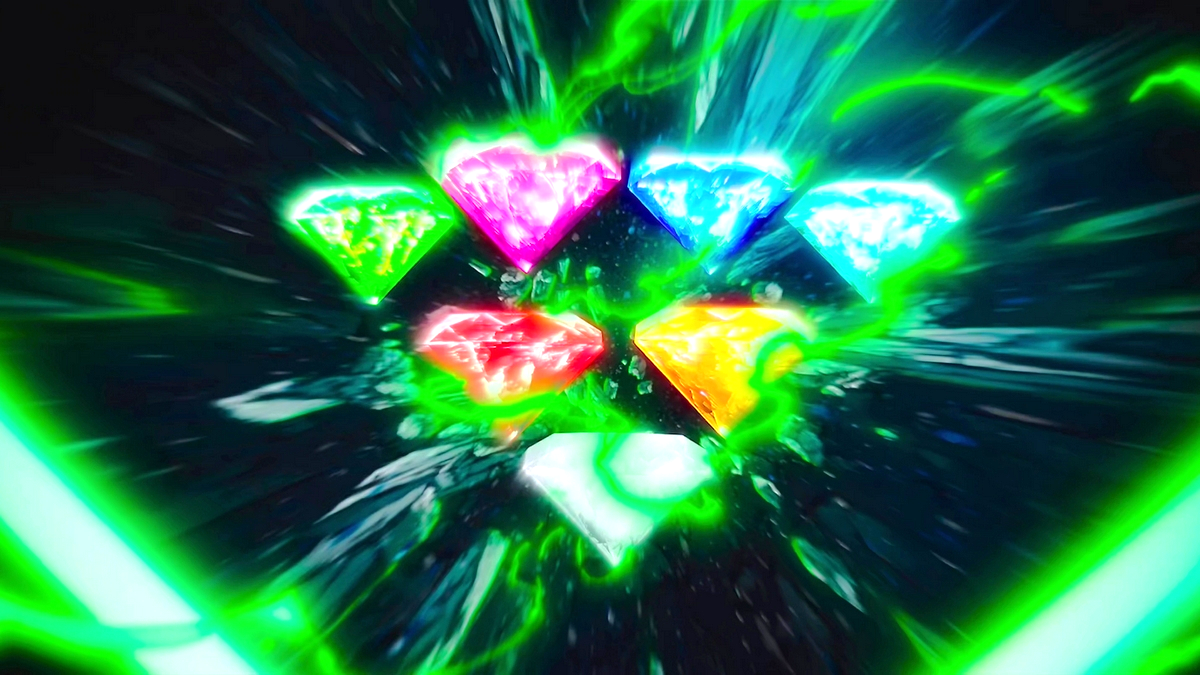Any time a high-minded piece of media happens to take place in space, comparisons to 2001: A Space Odyssey are drawn, to the point of cliché. But 2001 is so embedded in the DNA of Observation that it’s nearly impossible to talk about the game without talking about the movie. In addition to starring a relatively benign HAL 9000 equivalent called SAM, the game features the same atmosphere of inexplicable dread in a claustrophobic environment and the same devotion to scientific accuracy. It even has its own version of the Monoliths. Of course, half of the acclaim for Kubrick’s opus was directed toward its innovation, so merely copying it will never make the same splash, but making essentially a playable version of it is still ground-breaking in its own right.
There have been similar games, of course – most notably Tacoma and République, both of which were also mysteries centered on the interplay of a human character and a technological companion. What sets this one apart is how completely it focuses on that technological perspective. While you officially controlled an unseen hacker in République, it wouldn’t have played much differently if you just controlled the human directly. Observation, on the other hand, places you very definitively in the role of a computer, which fundamentally changes the way you view and interact with your surroundings. You’re mostly restricted to stationary cameras with limited range, and selecting dialogue options involves highlighting objects via “response mode.” Most importantly, what would traditionally be accomplished with a context-sensitive “action” button is instead communicated through a variety of dense, esoteric visual interfaces.

Aside from the occasional detective moment, there aren’t a lot of what would normally be considered puzzles. The main form of challenge is simply deciphering terminals and switches without the use of the user manual they would logically come with. This works surprisingly well, as it practically forces you to pay attention and get absorbed in the scenario, even though all you’re doing is pressing buttons, even in-game. The sections where SAM is transferred to a mobile sphere are less enjoyable, however. This is partly because physically navigating the interior and exterior of a realistic, modular space station is quite confusing, but also because, like 2001, Observation often feels like it’s being played in slow motion.
These traits and several others can be derived from the game’s unwavering realism, which constantly vacillates between solidifying the atmosphere and straining it. On the one hand, the station and all of the electronics you’ll connect with are designed with astonishing detail, and the controls for both the sphere and the cameras manage to further drive home the player character’s mechanical identity. On the other hand, the controls do this by being clunky and mechanical themselves, and the constant whine of servos and thrusters will make you wish you could mute individual sound effects. Conversely, the voice acting is excellent, and the music (composed by the game’s producer, interestingly) is an unreal vortex of cosmic ambiance.

The story, which begins with the enigmatic instruction “BRING HER” and an unknown incident that somehow transports the station to the orbit of Saturn, is something of a masterpiece. Ordinarily, I’d predict that a narrative with such cryptic meaning and resolution would be highly polarizing, but that might not be the case here. There are so many recurring symbols and nearly revelatory lines of dialogue that it’s obvious that there’s a greater significance to the events on screen, even if you can’t grasp the full extent of it. It helps that there’s a strong undercurrent of Lovecraftian horror at play, i.e. not being able to fully understand everything is part of the point. Potential storytellers planning on hiding behind the shield of ambiguity should almost certainly try this game just to see how it should be done.
Like the film it’s clearly modeled after, Observation may end up with a reputation as an acquired taste. Its pacing is unrelentingly deliberate, and there are times when you’ll wish it would loosen its grounding in reality. Without that grounding, however, the game’s extraordinary elements would never have come alive so strongly. While most of the gameplay is only mildly satisfying in the same manner as a spaceflight sim, this is ultimately in service to the agnostic terror of the narrative. Thus, while the setup certainly has room for improvement, it’s hard to argue with the payoff.
This review is based on the PC version of the game. A copy was provided by Devolver Digital.






